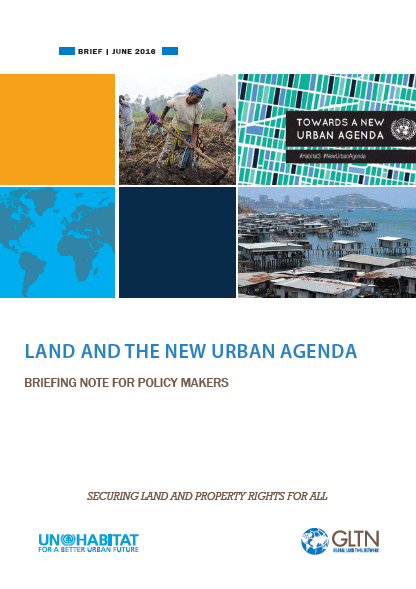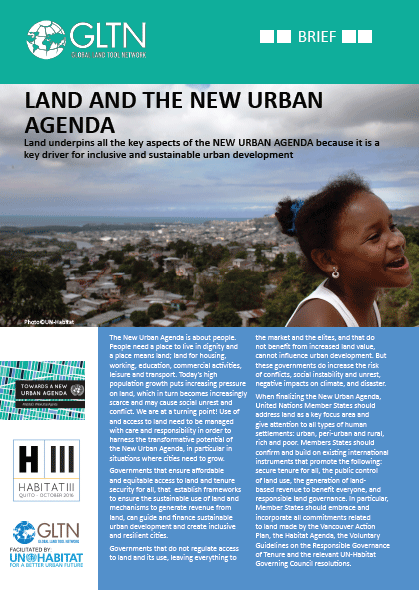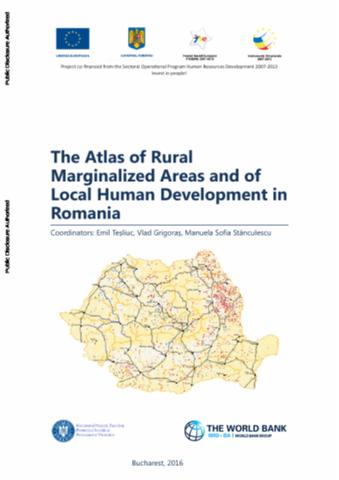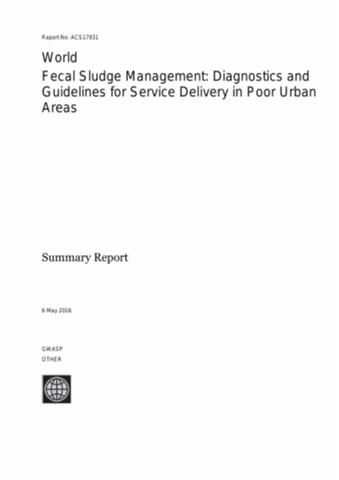Land and the New Urban Agenda: Briefing Note for Policy Makers
The New Urban Agenda (NUA) is about people. People need a place to live in dignity and a place means land; land for housing, working, education, commercial activities, leisure, transport etc.
Today’s high population growth puts increasing pressure on land, which in turn becomes increasingly scarce. We are at a turning point! The use of and access to land need to be managed with care and responsibility in order to harness the transformative potential of the NUA, in particular in situations where cities need to grow.







